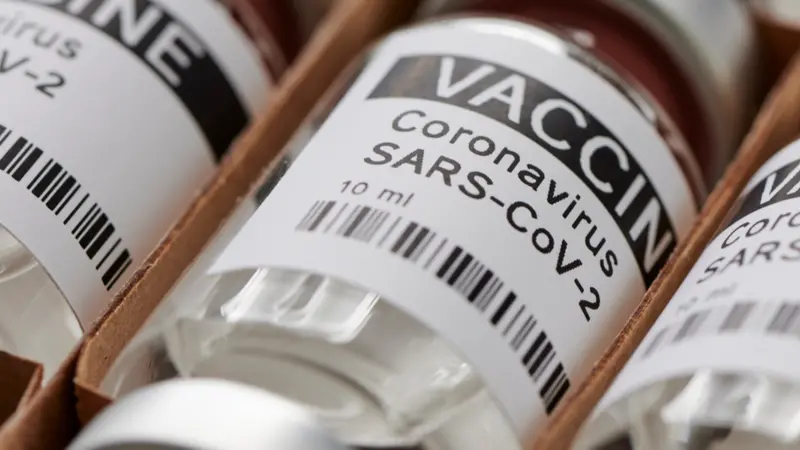

WELLthier Living and Aging

WELLthier Living and Aging
The Race to a COVID-19 Vaccine Has Risks
As the COVID-19 pandemic continues to sweep the globe, the race is on among researchers to develop a vaccine. President Trump announced a vaccine development project, called Operation Warp Speed, to produce a SARS-CoV-2 vaccine that will be widely available in the U.S. by the beginning of 2021. But rushing a vaccine to market, as the term “warp speed” suggests, has its risks, both for public health and public trust in vaccination efforts.
Public distrust of vaccines has been growing for some time. In 2019, the World Health Organization named vaccine refusal as one of the top 10 global health threats. Misinformation, in particular fear that vaccines cause autism, is responsible for much of the vaccine hesitancy and distrust. Yet extensive reliable research studies have proven vaccine safety and benefits far outweigh the minimal risks. A SARS-CoV-2 vaccine will need to meet rigorous safety standards in order to be trusted by an increasingly skeptical public.
The U.S. has some safeguards in place to ensure the rigor and caution required for good science. In response to past failures—notably Jonas Salk’s inactivated polio vaccine, which was sped into production and caused rather than prevented the disease—vaccine development is now subject to more regulatory oversight to protect against substandard practices. Technology enables rapid communication of adverse events in clinical trials, and scientists know more than ever before about the genetic factors that influence immunologic response.
The world is relying on a vaccine for COVID-19, but scientific principles and ethical research values are required in order to produce a safe and effective intervention to prevent COVID-19.
REFERENCES
Trogen, B., Oshinsky, D., & Caplan, A. (2020, May 26). Adverse consequences of rushing a SARS-CoV-2 vaccine. JAMA, 323(24), 2460-2461. doi:10.1001/jama.2020.8917.


 By
By







